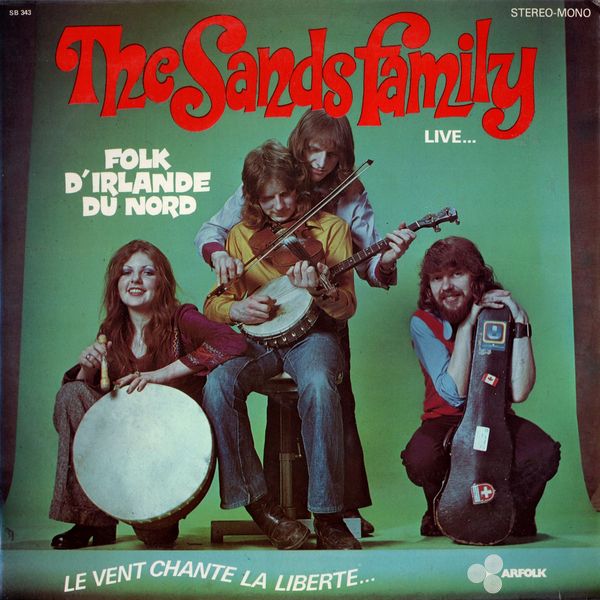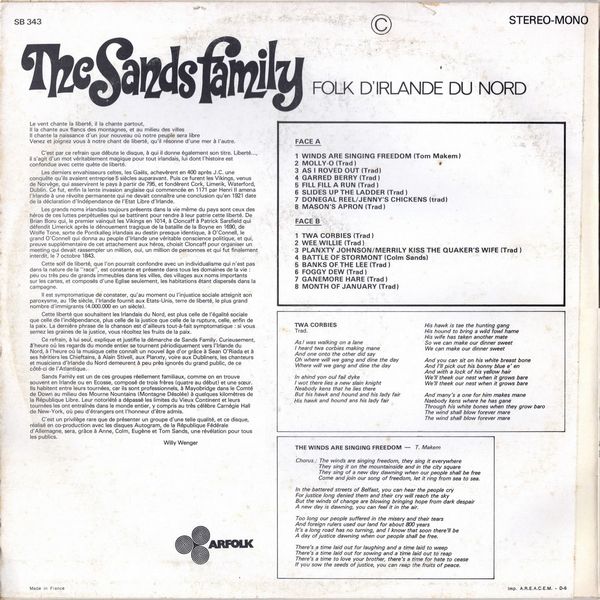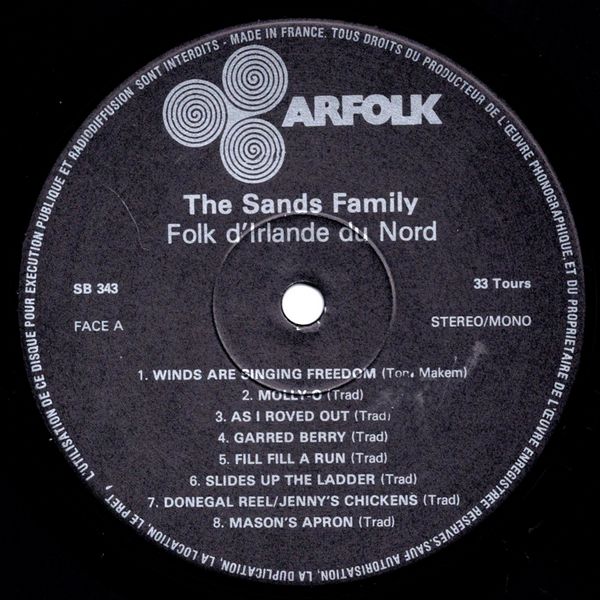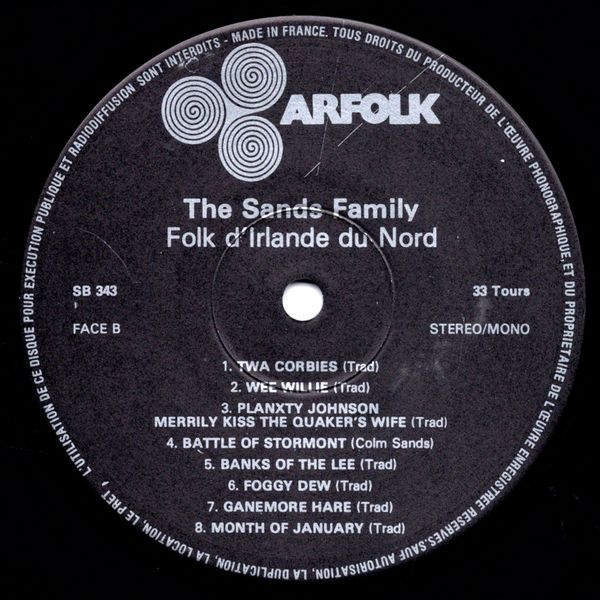
 |


 |
Sleeve Notes
The wind sings freedom, it sings it everywhere,
He sings it on the sides of the mountains, and in the middle of the cities
He sings of the birth of a new day when our people will be free
Come and join our song of freedom, may it resound from sea to sea.
It is with this chorus that the disc begins, to which it also gives its title. Freedom…, it is a truly magical word for any Irishman, he whose history is confused with this quest for freedom.
The last Celtic invaders, the Gaels, completed in 400 AD a conquest they had undertaken 5 centuries earlier. Then it was the Vikings, who came from Norway, who enslaved the country from 795, and founded Cork, Limerick, Waterford, Dublin. It was, finally, the slow English invasion which began in 1171 by Henry II led Ireland to a permanent revolt which was not to know a conclusion until 1921, date of the declaration of independence of the Irish Free State.
The great Irish names still present in the very life of the country are those of the heroes of these perpetual struggles who fought to restore this freedom to their country. From Brian Boru who was the first to defeat the Vikings in 1014, at Cloncaff to Patrick Sarsfield who defended Limerick after the tragic outcome of the Battle of the Boyne in 1690, from Wolfe Tone, a sort of Irish Pontkalleg with an almost identical fate, to O' Connell, the great O'Connell who gave the people of Ireland a true political conscience, and who, further proof of this attachment to heroes, chose Cloncaff to organize a meeting which was to bring together a million, yes, a million people and which was finally banned on October 7, 1843.
This thirst for freedom, which could be confused with an individualism which is not in the nature of "race", is constant and present in all areas of life: few or very few tall buildings in cities, villages with important names on the maps, and composed of only one Church, the dwellings being scattered in the country.
It is symptomatic to note that when social injustice reached its climax in the 19th century, Ireland provided the United States, land of freedom, with the largest number of immigrants (4,000,000 in one century).
This freedom that the Irish of the North want, is more that of social equality than that of independence, more that of justice than that of rupture, that, finally, of peace. The last sentence of the song is also quite symptomatic: if you sow the seeds of justice, you reap the fruits of peace.
This chorus alone explains and justifies the approach of Sands Family. Curiously, at a time when the eyes of the whole world are periodically turned to Northern Ireland, when Celtic music is experiencing a new golden age thanks to Seán O'Riada and his heirs the Chieftains, to Alain Stivell, at the Planxty, even at the Dubliners, the singers and musicians of Northern Ireland remain almost ignored by the general public on this side of the Atlantic.
Sands Family is one of those really family groups, as we often find in Ireland or Scotland, composed of three brothers (four at the beginning) and a sister. They live between their tours, because they are professionals, in Mayobridge in County Down in the middle of the Mourne Nountains (Desolate Mountain) a few kilometers from the Free Republic. Their notoriety has gone beyond the limits of the Old Continent and their tours have taken them all over the world, including the very famous Carnegie Hall in New York, where few foreigners have the honor of being admitted.
It is a rare privilege to present a group of such quality, and this disc, produced in co-production with Autogram records, of the Federal Republic of Germany, will be, thanks to Anne, Colm, Eugène and Tom Sands, a revelation for all audiences.
Willy Wenger
The sleeve notes to this album are in French, above is via google translate.